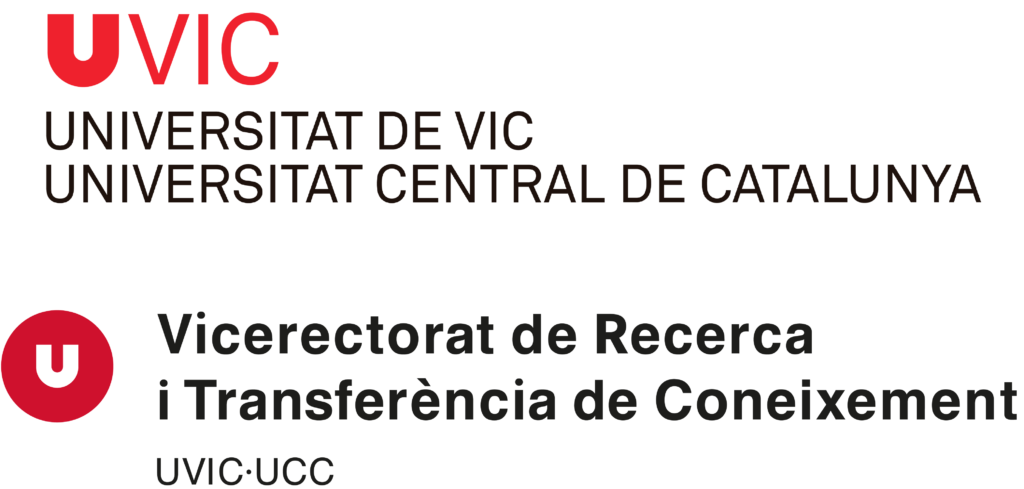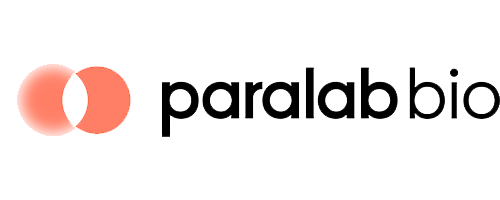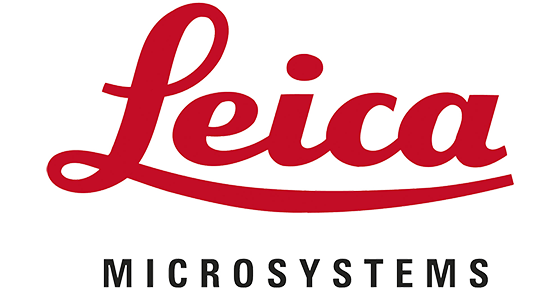Supply Agreement Pharmaceutical
As the pharmaceutical industry continues to develop, the demand for effective supply chain management becomes more critical. A pharmaceutical supply agreement is an essential aspect of the industry that ensures that the supply chain runs smoothly while maintaining quality and safety standards.
A supply agreement is a legal contract between a pharmaceutical company and a supplier or distributor that outlines the terms and conditions of the supply relationship. A well-written supply agreement protects both parties by providing clarity on issues such as delivery timelines, pricing, quality control, and intellectual property rights.
In the pharmaceutical industry, a supply agreement plays a vital role in ensuring that drugs are readily available to patients. It is the responsibility of the pharmaceutical company to ensure that the drugs they produce are of high quality and meet regulatory requirements. By entering into a supply agreement with a reputable supplier, a pharmaceutical company can rest assured that they will receive high-quality raw materials and other supplies necessary for the production process.
Furthermore, a supply agreement can help a pharmaceutical company mitigate risk in the supply chain. It provides guidelines on what should happen if the supplier fails to meet the agreed-upon delivery timelines or delivers substandard goods. The agreement can also specify how disagreements between the parties will be resolved and which jurisdiction`s laws will apply.
In addition to protecting the parties` interests, a supply agreement can also reduce costs. By negotiating pricing and delivery terms upfront, pharmaceutical companies can avoid unexpected price hikes and delays in the supply chain, which can be detrimental to both their reputation and bottom line.
To ensure that a supply agreement is effective, there are certain elements that should be included. These include:
1. Quality control provisions – this outlines the quality standards for the products and the quality control measures that will be in place to ensure the products meet those standards.
2. Delivery timelines – this sets out the timeline for delivery of the products and any penalties for late delivery.
3. Intellectual property rights – this outlines who owns the intellectual property rights for the products and how those rights will be protected.
4. Pricing and payment – this specifies the price of the products and the payment terms and conditions.
5. Termination provisions – this sets out the circumstances under which either party can terminate the agreement and any notice periods required.
In conclusion, a well-written pharmaceutical supply agreement is crucial for ensuring a smooth and effective supply chain in the industry. By including the necessary elements, pharmaceutical companies can mitigate risk, reduce costs, and ensure that high-quality products are readily available to patients.
















